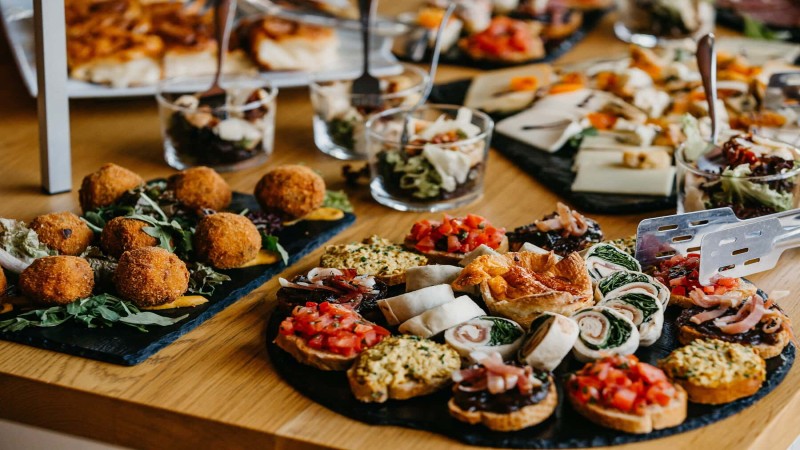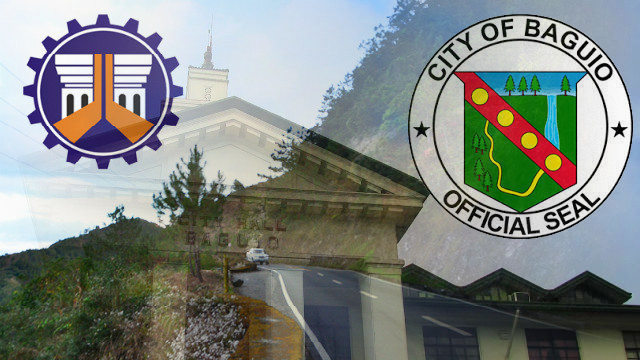TABUK CITY, Kalinga – To further elevate the skills of homestay owners entertaining their guests, the City Tourism Office (CTO), in partnership with the Department of Tourism- Cordillera (DOT-CAR) and the Technical Education and Skills Development Authority (TESDA), conducted a five (5) day Community-Based Cookery: Hot Meals Preparation for members of the Western Tabuk Homestay Organization from August 15-19 at the Kalinga Act Resort, Bagumbayan, this city.
The program intends to train homestay owners to create a variety of regional and foreign cuisines, including soups and stocks, for travelers to enjoy once they have checked into their homes.
Oliver Gacuya, representing Mayor Darwin Estrañero, stated in his message that one of the mayor’s goals is to expand the city’s economy, and that tourism is a key component of that.
He continued by saying that Upper Tabuk is regarded as one of the best tourist destinations not just because of its geography, including its mountains, plants, and forest, but also largely because of its inhabitants’ cultures.
Gacuya added that Upper Tabuk homestays are fantastic for tourists since they allow them to fully immerse themselves in the local way of life.
The participants, according to DOT-CAR Regional Director (RD) Jovita Ganongan, are the province’s first community-based tourist group.
She continued by urging the group to remain a cohesive unit.
In addition, Ganongan advised them to maintain their community, which includes a clean environment, a historic ambiance, and a rural setting with abundant greenery, in addition to their inandila (a glutinous rice snack) or coffee.
“Your items are the experience that visitors would have there. The sights they take in, the meals they consume, the beds they sleep in, and the entertainment or immersion they experience while interacting with the locals. So that they can acquire a sense of the locals’ culture,” she stated.
Along with the training, the DOT-CAR provided the group with startup packages that included a variety of kitchen appliances so they could prepare the meals they had been instructed to make when they had visitors.














